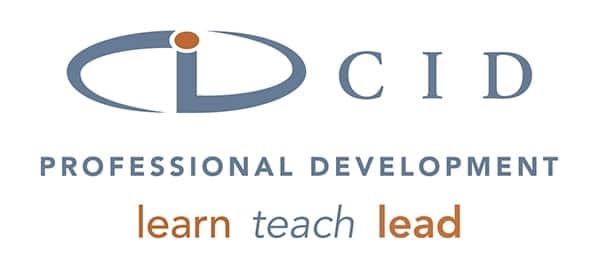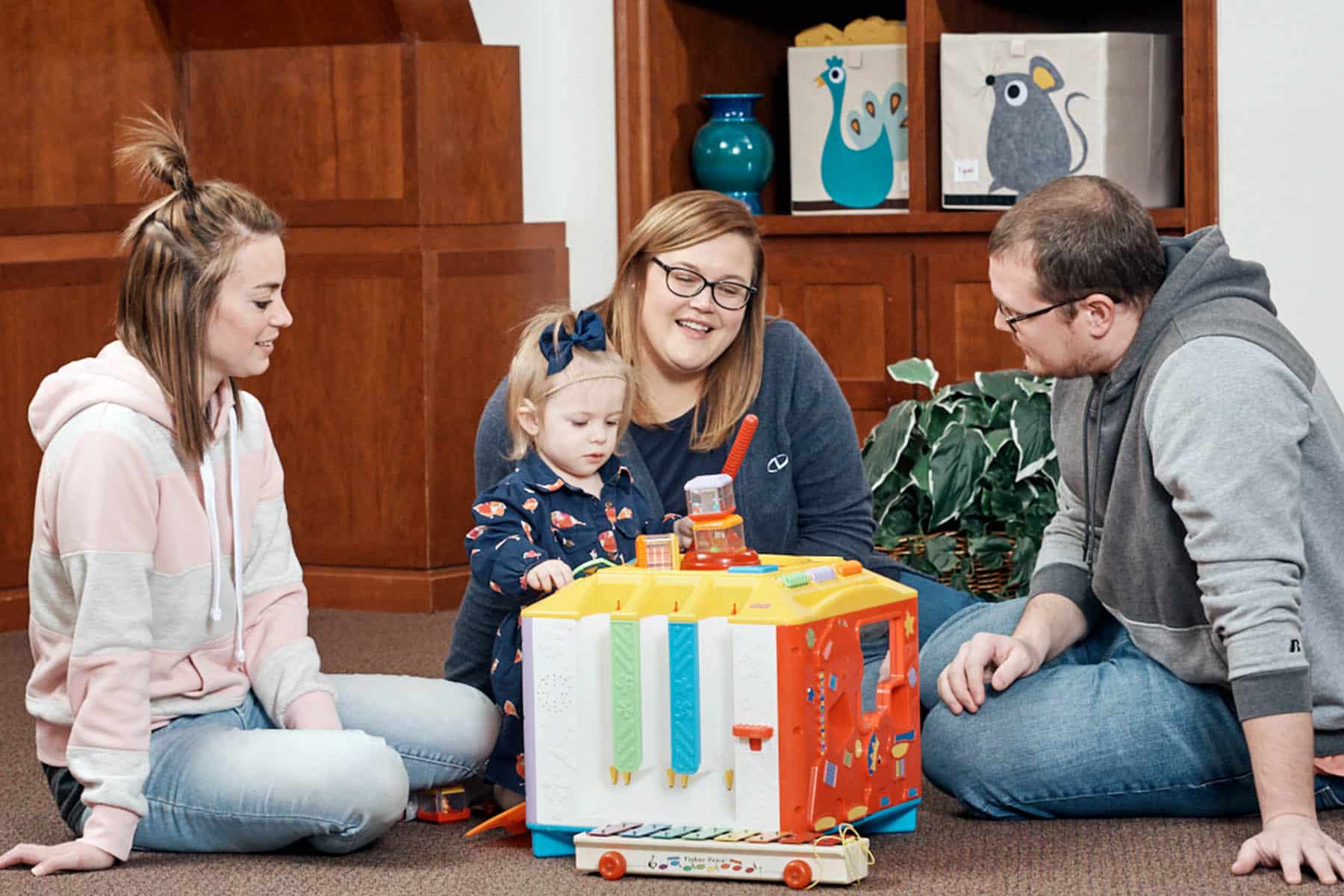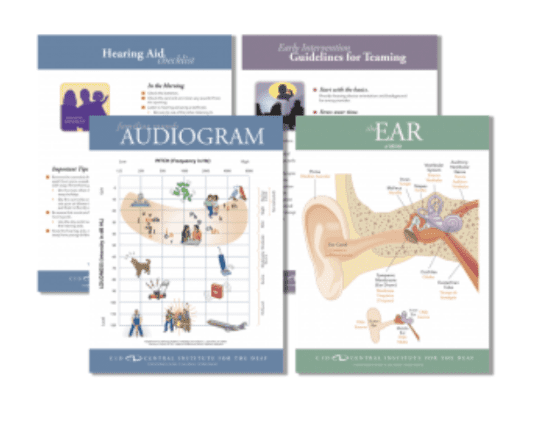If you provide therapy in the home, it’s relatively easy to make goals and activities family-led and applicable, as you’re in the child’s immediate and natural environment. But what if you’re not? What if you’re in a school or clinic? What do you do then?
Well, that’s still relatively easy. When you are planning your therapy sessions, just think about what would be functional or useful for that child and her family. Think about what daily routines they may experience at home: snack/mealtime, bath time, reading, washing dishes, getting dressed, etc. Then, plan your sessions around these activities.
For example, if you work with a family in a school or clinic and the theme for the week is “food,” you could do a cute craft that is very complicated, has materials that the family does not have at home, and use vocabulary that the child may not use in her daily routines. OR you could wash fruit and veggies, something the child sees her parents do, and use lots of vocabulary that the family will use at home (e.g. food vocabulary, water, soap, bubbles, put it in, plate, dirty/clean).
You can even set up your therapy room as a “home.” Have an area for the kitchen with a kitchen set, an area for the laundry room with clothes and a basket, a bathroom with a container filled with water, and the bedroom with a baby doll and blanket.
Using materials that you know the family has in the home will make your lessons more applicable and easier for the family to duplicate. To make your lesson even more family-guided, let the families help plan the session:
- What is something you would like to work on today?
- What’s a routine at home that has been challenging lately?
- I have the following activities: playing with baby, washing animals, and eating a snack. Which one would you like to do today?
- For our next appointment, please bring two of your child’s favorite toys.
Then, at your next appointment, you can ask the family how that activity went to assess carry-over. When school or clinic based early intervention is family guided and routines based, it can be an effective alternative to in-home coaching sessions!

Carmen Martinez is a speech-language pathologist at Memphis Oral School for the Deaf (MOSD), where she facilitates the Sound Transitions program. In this role she provides developmental therapy, listening and spoken language training, and parent support to families of children who are deaf and hard of hearing ages 1-3. She also leads MOSD’s parent support group, PEP Talk. Carmen received her bachelor’s degree in Communication Disorders at Murray State University and her master’s degree in Speech-Language Pathology at the University of Memphis.












